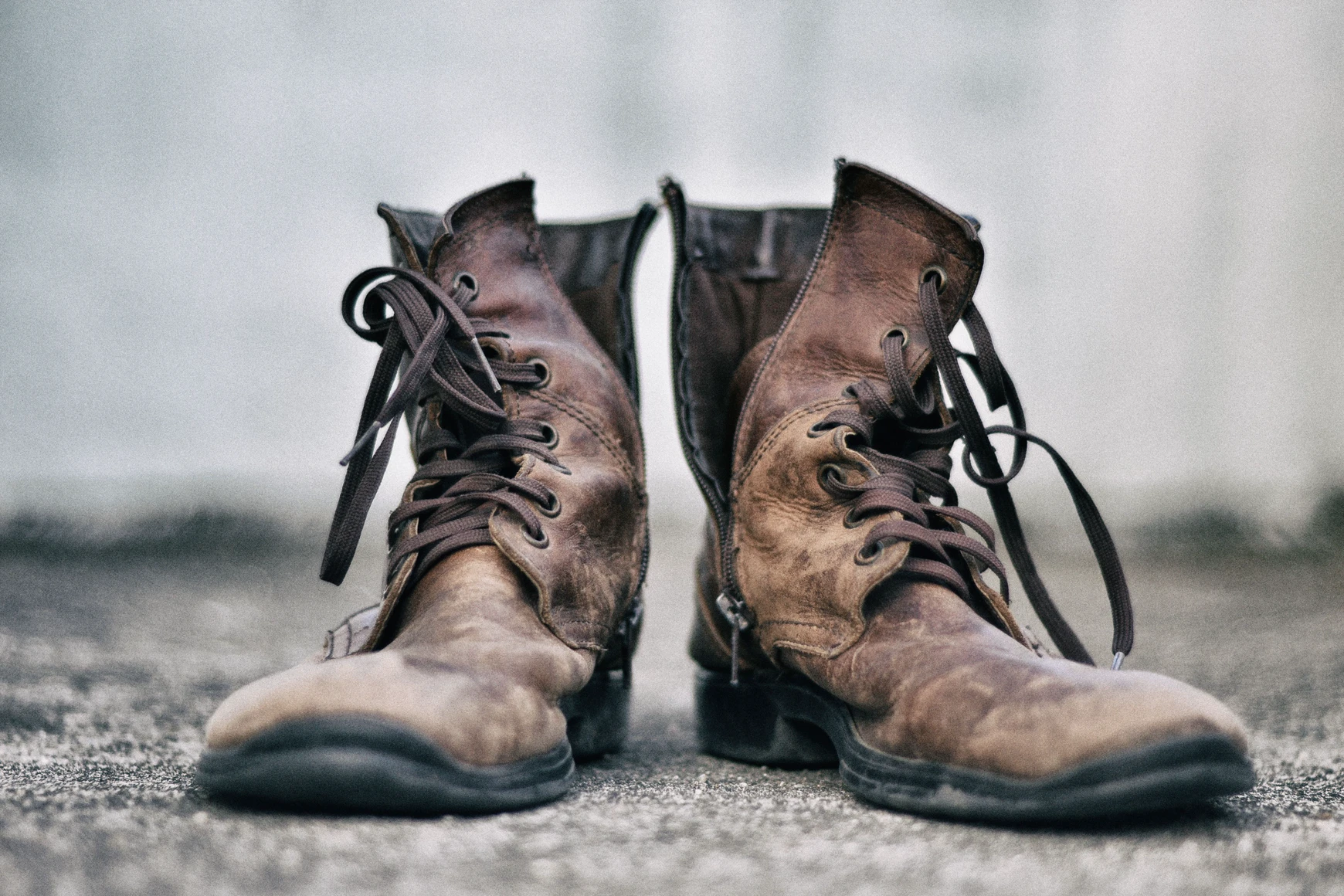I
My dad wears the same red t-shirt every Christmas Eve. Above a silhouette of Santa’s jolly face it reads, in large script, “I BELIEVE.” Year after year, he passes out gifts, wrangles the dogs, and throws balls of used wrapping paper at the ceiling fan, launching them chaotically around the room. And year after year, his hair gets a little grayer and I grow a few of my own. People say I look more and more like him. We all get a little older.
Year after year, we go to the children’s Mass and something inevitably goes deliciously haywire. I remember one time a kid dressed as a star came to blows with his brother, a shepherd. The mother ran up and carried them off the altar. Who could ever come up with such drama? We hear the same Gospel with the same costumes and the same songs in the same space and, year after year, I wonder: how can the same thing seem so different?
And year after year, I return home and lay down in my childhood bed, feet dangling over the edge.
II
The liturgical calendar invites us to order our lives around a cycle of stories. The same words return to collide with us in new ways. Like returning to a childhood bedroom in adulthood, memories pile up and dialogue. Stories, songs, and spaces mark the rhythm of our lives like no clock ever could. It is impossible to hear “O Come All Ye Faithful” without hearing the echo of our own years. We find ourselves inheriting a melody we did not compose.
Hearing these stories again and again, we live slowly into narratives we already know. There is Mary again, still cherishing. There is Joseph again, still dreaming and docile. Ah, good to see you, Peter. I am starting to learn what it is to be such a wonderful fool. The Gospels wear us like a pair of leather boots. At first, we cut and chafe at them. But over the years we are formed by every little contour until they can walk miles in us.
This does not happen at the speed of our hyper-punctual, two-day delivery agenda. It happens at the pace of the earth and the stars. On the solstice, the antiphon begs for light: O Oriens! O Radiant Dawn, come and shine! We beg but we cannot quicken the sun. We can only wait. The danger is that we quit listening to the slow stories and start living into the accelerating catastrophe of the evening news. What if we forget?
Recall that the penitent thief at Jesus’ right, unlike his companion to the left, did not ask Jesus to save him with his final breath. He asked Jesus to remember him. For this, he was promised paradise. It is the remembering that saves us.
We must ask for the same gift of remembrance and we must do some remembering ourselves. To encourage this, the Church organizes our stories in a circle. They may be the same Gospels, but we never hear them the same way twice. By retelling them, we are not so much pushing on into new frontiers as revisiting places we have already been and letting them play on us and our communities. When it feels like nothing else can, our stories hold us together. They keep us from our own fearful momentum.
III
On Christmas morning, I wake up to the wood-paneled walls of my childhood bedroom. On them, hang a crucifix I won at VBS, a baseball jersey that is now three sizes too small, and, inexplicably, an autographed Blue Öyster Cult poster. I put my feet on the floor and feel the carpet with my toes––rough and worn, whatever was cool before shag. I look at the shelves stacked with scraps of teenage journals. Reading them feels even more foreign than if they belonged to a stranger because the handwriting is certainly mine, but I barely recognize the author. I smell cinnamon rolls downstairs, a holy treat reserved in my house only for that holy morning.
IV
But I will not smell the cinnamon this year. I am not writing this from my childhood home. I am writing this, sick in bed, 500 miles away from there. Vulnerable and weak, I am writing this to be reminded of the stories that hook me to myself, my family, my fellow Christians, and all who know what it is like to long for something. I am writing this to miss my loved ones more deeply. This longing doesn’t happen in the past, it is happening right now and it carries me into the future. This, too, will become a memory. This, too, will one day look like a journal from a stranger on the shelf. This is not nostalgia for something lost, it is the blessed awareness of a life bending around itself like a helix––year after year, waiting once again for the morning star. O Radiant Dawn, come and shine! Please don’t forget us, Lord. It is the remembering that saves us.


